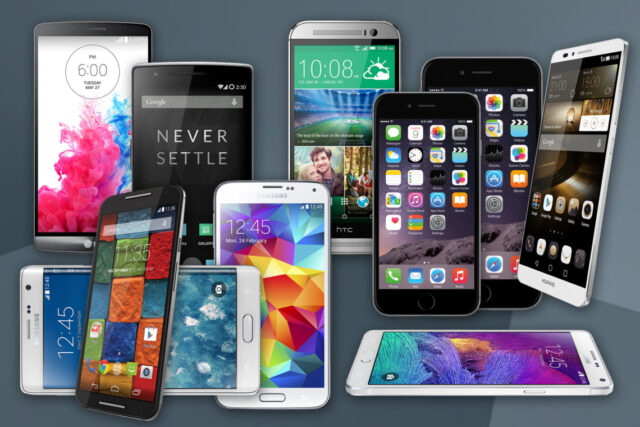Nigeria, others Struggle with Significant E-Waste Challenge
TECH DIGEST- Sub-Saharan Africa is poised to face a significant challenge in the form of electronic waste (e-waste) as mobile phone adoption continues to surge, according to a recent report by the GSM Association (GSMA). The report, titled ‘Mobile Economy Sub-Saharan Africa,’ projects that by the end of 2023, the region will boast a staggering 1 billion active feature phone and smartphone connections. Furthermore, this figure is expected to swell by over 200 million new devices by the close of 2027.
This exponential growth in mobile devices, while a testament to the region’s increasing connectivity, brings with it a pressing concern – the mounting issue of e-waste and the escalating consumption of natural resources. Nigeria, as the country with the largest mobile subscriptions in Africa, particularly stands out in this regard, potentially becoming a hotspot for mobile e-waste generation.
Unlike more developed regions, many African countries, including those in Sub-Saharan Africa, are grappling with inadequate e-waste management infrastructure. As such, addressing this challenge necessitates a concerted effort from governments, industry players, and consumers.
The GSMA report highlights an intriguing observation: while the technical lifespan of a mobile device typically ranges from four to seven years, the average usage period is only around three years. This insight underscores a significant barrier to reducing waste – consumer behavior.
Read Also:
In tackling this challenge, the GSMA emphasizes the importance of incentivizing consumers. However, this task is far from straightforward, as various factors, including affordability, information accessibility, social norms, and personal preferences, influence consumer choices. Therefore, it is incumbent upon governments and industry stakeholders to play a pivotal role in this endeavor. Potential avenues for intervention include establishing channels for the collection, refurbishment, and resale of devices, as well as launching awareness campaigns on sustainability.
One promising development is the active involvement of operators and other ecosystem players across Sub-Saharan Africa in promoting circularity in mobile phones and digital devices. By adhering to the principles of the circular economy, these stakeholders aim to produce mobile devices with extended lifetimes, employ recyclable and recycled materials, and integrate renewable energy sources in manufacturing processes. This concerted effort leads to fewer devices being discarded prematurely, facilitating progress in sustainable transformation.
A notable risk factor associated with the rapid proliferation of smartphones is the availability of certain elements. In November 2022, the European Chemical Society identified 30 elements commonly used in smartphones, with 11 of them designated as elements with limited availability, posing risks to future supply. Additionally, the unsustainable usage of seven elements in smartphones could create serious risks in the coming century.
The GSMA offers an encouraging perspective by noting that a refurbished phone can have an 87% lower climate impact than a newly manufactured one. Properly recycling mobile phones could yield significant economic benefits, with the potential recovery of $8 billion worth of precious metals and critical minerals, including gold, palladium, silver, copper, rare earth elements, and enough cobalt for 10 million electric car batteries.



















